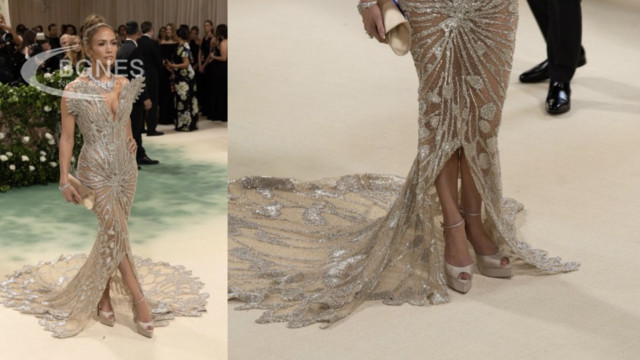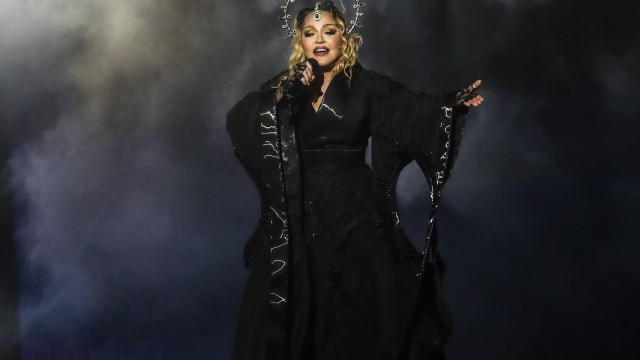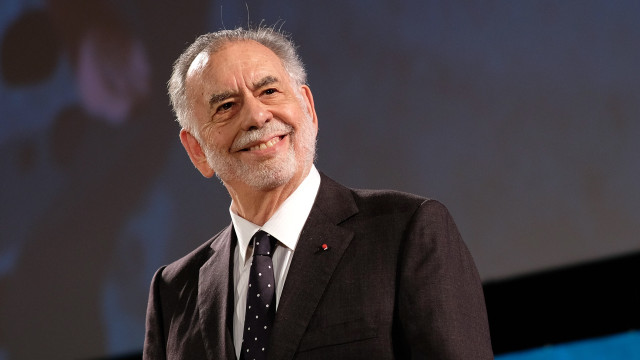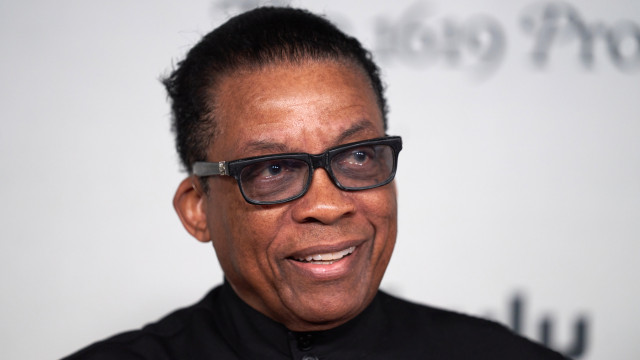True crime dramas where no one wins but the lawyers are not the films that made Hugh Grant famous. His starring role in the long-running Sun newspaper phone-hacking trial proves that real life is far more failed and disappointing than the movies.
After campaigning for more than a decade against what he called "the worst excesses of the oligarchic press", Grant settled with Rupert Murdoch when he was offered such a "huge" amount of money that if he continued he would have to pay more -large expenses.
Legal disputes do not have happy endings. A legal provision with the enigmatic name of "section 36", designed to encourage parties to reach settlements and thus avoid lengthy court proceedings, allows very rich people like Murdoch to make an offer that their opponents cannot refuse. All of this highlights the fact that civil courts designed to settle monetary matters between two parties are not necessarily the best place to dispense justice when matters of principle are involved.
Grant's hesitation is understandable at the cost of continuing, which he estimates at £10m. But it means the public will not hear evidence of alleged burglaries, car tracking and phone tapping, as well as the forgery of medical records, which Graham Johnson, a journalist whose work was cited by Grant, described as "genuine criminal book". Nor will senior News Group executives be held accountable for other alleged wrongdoing.
The time spent in court may have cost Murdoch around £1 billion and more, and the owners of Mirror Group Newspapers, Reach, so much that their business will be seriously affected. Yet it left campaigners feeling that justice was far from done. Although Prince Harry and Doreen Lawrence continue to pursue cases against the newspaper publishers, which will be heard in early 2025, it is surely time to look again at other options.
Grant, who used a post on X (viewed over half a million times in a few hours) to have his final say on what he refuses to call "money for silence," is donating the settlement money to press activists like Hacked Off, who have long called for further investigation into the standards and conduct of the press.
The group is likely to use this money to push for political reform. On social media, she warned politicians that backing "unregulated newspapers" would be an "electoral liability" in an election year. Grant retweeted this, adding "Yes @Keir_Starmer nb".
Yet Starmer's Labor is less likely to take a public stand on press reform in an election year in which it expects to win after 14 years than Grant becoming prime minister rather than playing the part in the cinema . The Labor leader has said in a private conversation that he does not consider press reform to be his priority.
Some in Labor believe that Angela Rayner's attacks in the press over her taxes are a typical warning sign from a newspaper industry that likes to flex its muscles during times of change. Still, Reiner is thought to be unlikely to want to lead a campaign for stricter press reform.
Still, politicians in both chambers and beyond are looking to see what can be done to end this seemingly endless saga. Improving standards in printing would benefit everyone./BGNES







